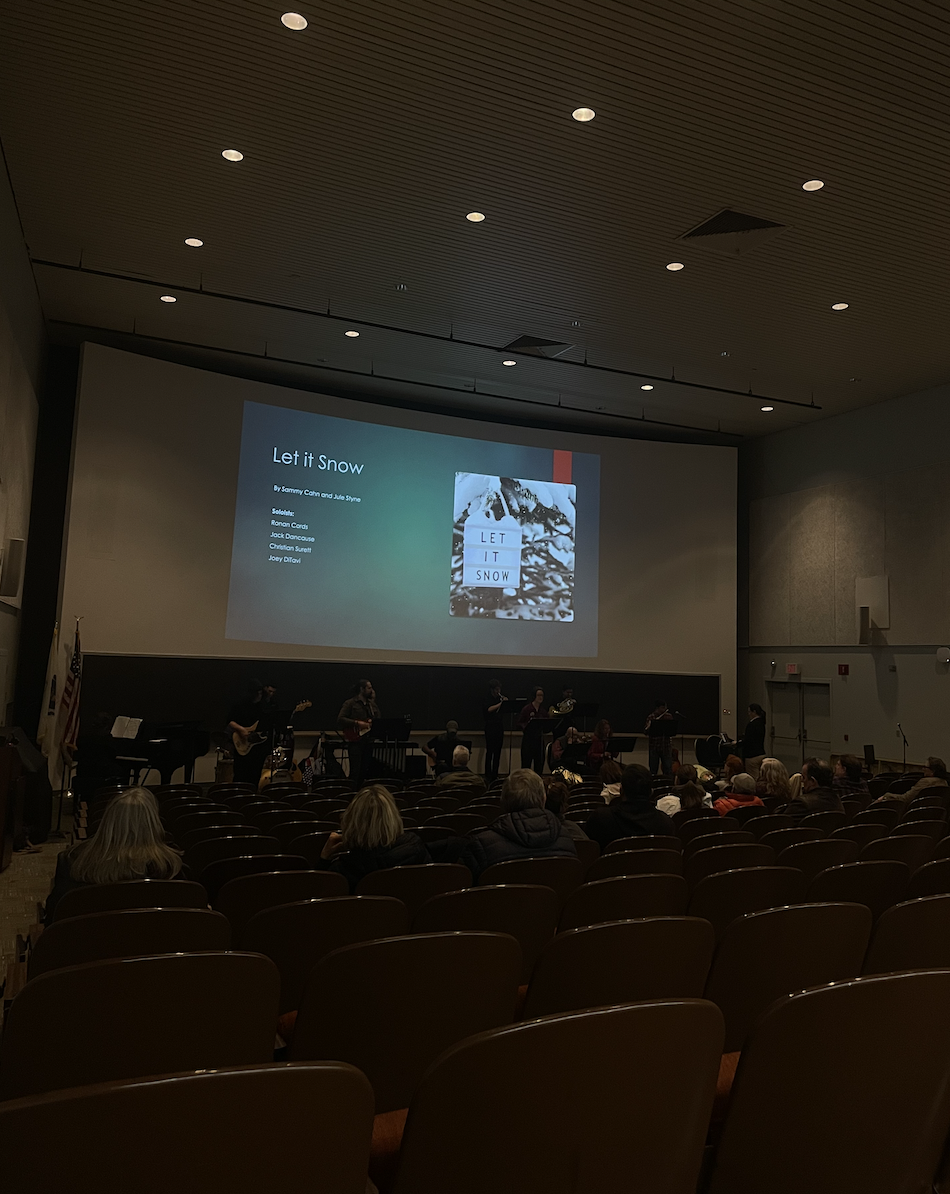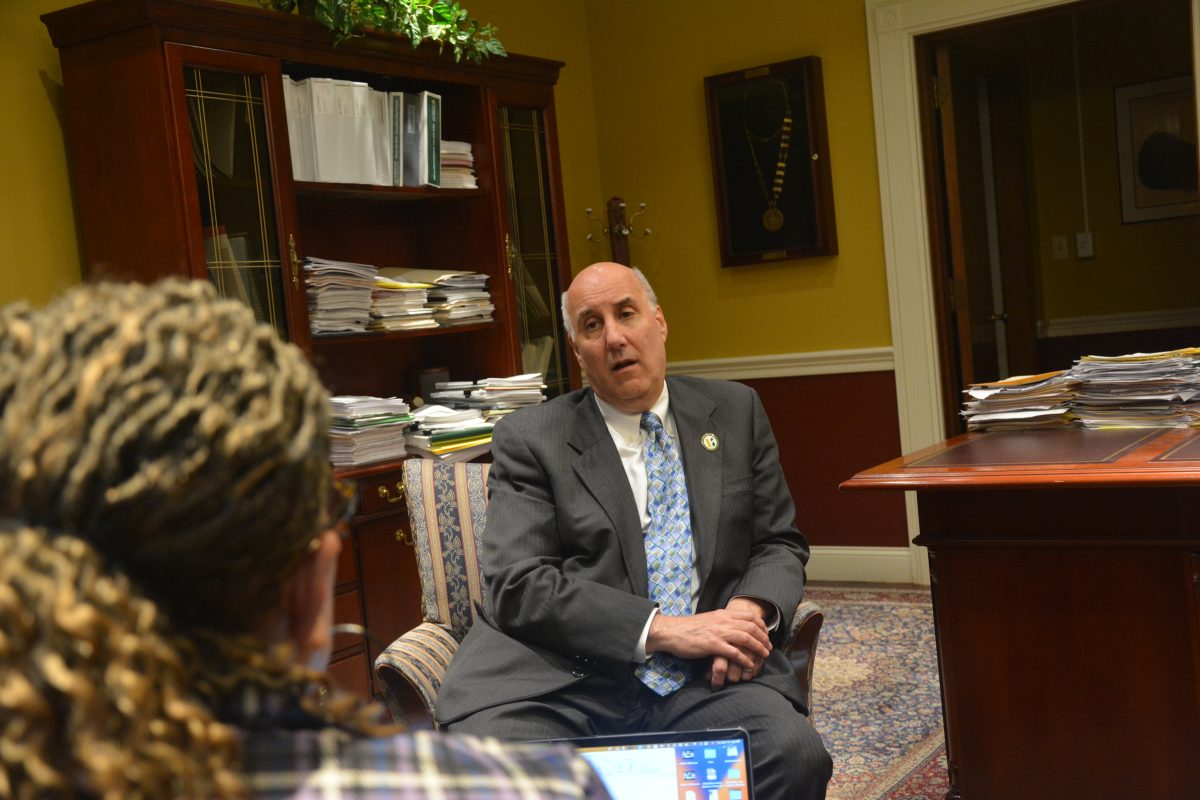By Briyith Betances
College: the home away from home. The home where you can essentially do whatever and whomever you want. In this new environment individuals may find themselves looking for new experiences; students should be sure to keep themselves clean and safe while becoming acclimated. At Fitchburg State, the Health Services office takes a proactive approach to keeping students educated about safe sex.
College is a place that is notorious for students running wild with raging hormones. After academics comes fun, and with fun may come sex. Colleges all over the country take precautions to keep their students safe due to the plethora of prevalent sexually transmitted diseases.
At Fitchburg State, Student Health Services strives to educate everyone on campus about sex safety. Information on STDs is available on the department’s web page. Students are also able to make appointments to meet privately with doctors; tests are also available, and are free depending on the student’s health insurance.
First-year students on campus meet with Health Services during orientation to get familiar with the office and what they offer. Getting comfortable with new physicians and professionals is a step that can make students feel welcome.

The condom section at CVS offers a variety of brands. (photo by Brian Connors)
Director of Health Services Martha Favre states, “Urine tests are available for gonorrhea and chlamydia, and blood test can be run for HIV and syphilis. Vaginal swabs can also be done to find out if the patient has vaginitis.” Students have the option of coming straight to the office if they feel the need to. Furthermore, once a year Student Health Services offers free HIV testing with a simple swab of saliva.
Additionally, a Planned Parenthood, which also offers tests and contraceptives, is located only one mile from campus. If the student does not wish to use their health insurance, they have the option of paying $40-$80 out-of-pocket for a test. Health officials recommend students from all over to get tested if they are sexually active.
Favre says, “The most common STI among people the ages of 15 to 24 is chlamydia. In fact, chlamydia is the most prevalent bacterial STI in the United States, with over 1 million new cases reported annually.” This is just one of many diseases that spread rapidly with no symptoms when initially contracted. It can cause long-term damage to women in particular if not caught early on. Favre states, “50 percent of women can have no symptoms when infected and if men are infected, 60 to 75 percent have no symptoms.”
The Centers for Disease Control and Prevention states, “Latex male and female condoms, when used consistently and correctly, can reduce the risk transmission of some STDS.” The only ways to reduce one’s chance of infection is by creating a barrier or not having sex at all.
This exemplifies why it is important to educate not only oneself, but students all over campus. With free contraceptives, tests, and education, there is no excuse besides lack of knowledge when it comes to being sexually safe. Though the number of students catching STDs has been relatively stable throughout the years, individuals keeping themselves safe is what truly matters.
Senior Rochely Mata is aware of the resources offered by Health Services. She says, “I was able to go into college knowing that I had the help without having to worry. Being educated on something that can happen to anyone really opened my eyes to what is out on campus.”
Although Mata is aware of sexual education, there are students who may not know where Health Services is located or what it has to offer. Fitchburg State’s office of Health Services is working to spread the word and educate all.
Categories:
Safe Sex = Great Sex: How FSU is Preventing STIs
October 11, 2016
0
More to Discover






